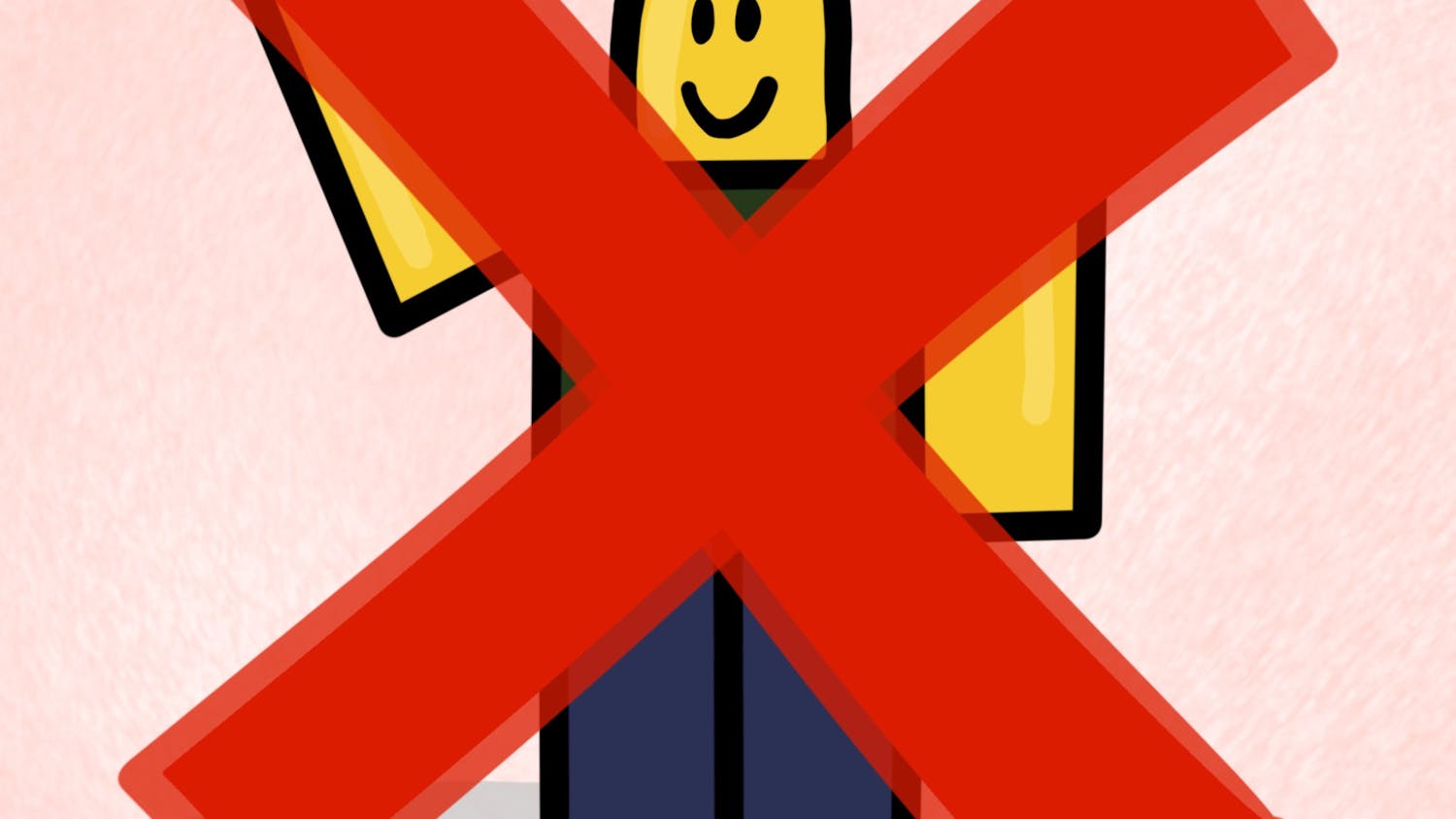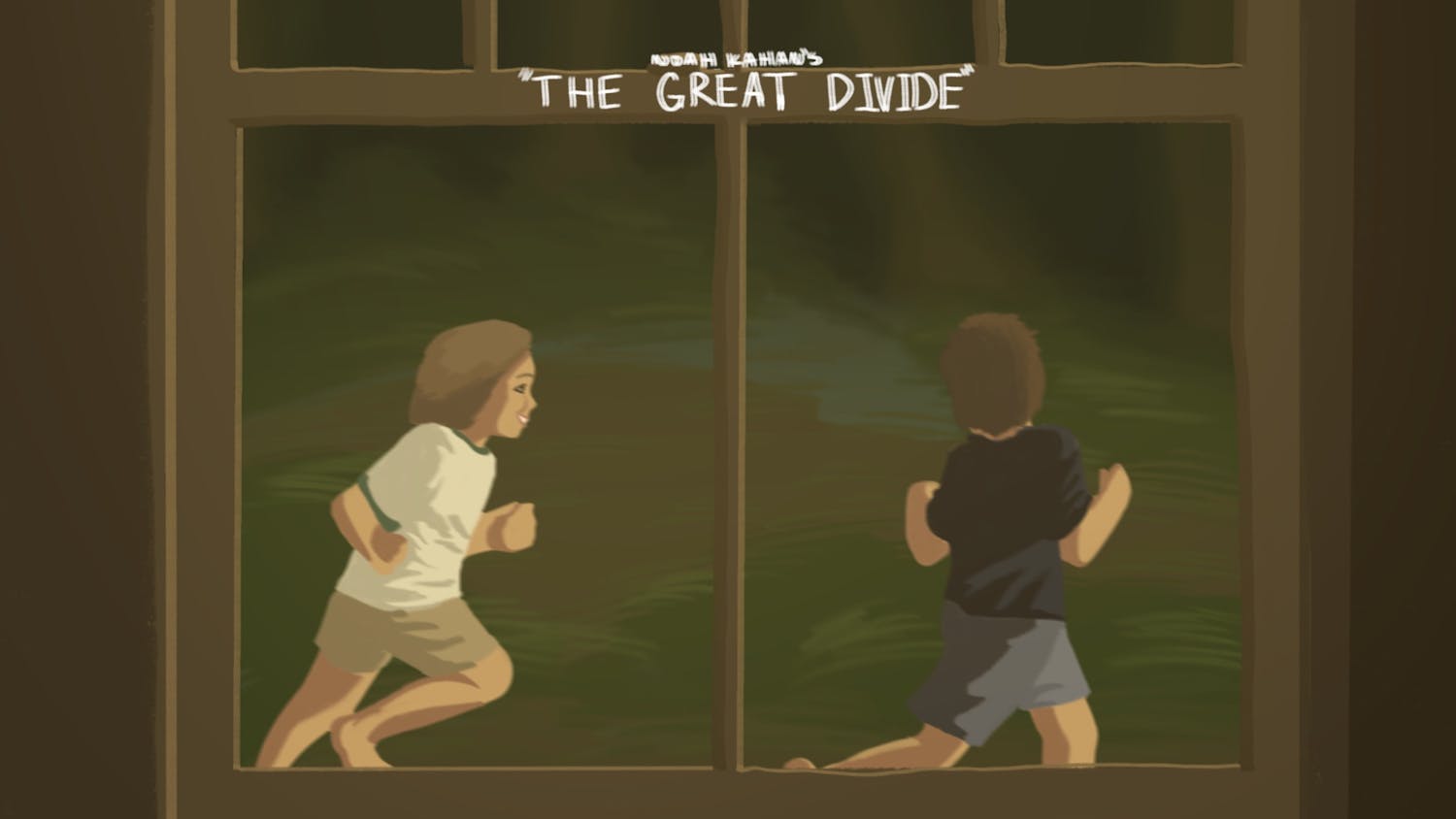We’ve all heard Plankton from “SpongeBob SquarePants” cover of “Beggin’” by Måneskin, and probably many other various Artificial Intelligence (AI) covers across TikTok and Instagram. How will this trend, and the use of musicians' voices, impact the music industry?
The technology that was originally available to the most exclusive researchers is now available in seconds online. With the release of ChatGPT in 2022, there has been a rise in ordinary people utilizing AI in their day-to-day lives. Whether that is to come up with a social media caption or create a cover of Freddie Mercury singing “Thriller” by Michael Jackson, AI can be used for almost anything. You can look up any name followed by “AI cover,” and it’s almost guaranteed that something will come up.
This idea of celebrities and fictional characters covering popular songs did not just start with AI. People have been creating similar videos since technology allowed it. To prove it, here’s a video of Barack Obama and Donald Trump's voices cut together so they’re singing “Barbie Girl” by Aqua. At nearly seven years old, it’s most likely that this video was made without the help of AI and instead was made with pure human willpower.
Despite the recent spike in popularity of AI technology, machines being used in the creation of music is not a new concept of the 21st century. Machines have been composing songs since the 1950s. In 1956, Lejaren Hiller and Leonard Isaacson, chemistry professors at the University of Illinois, guided a computer to compose the “Illiac Suite.”
That year, a string quartet of students came together to perform the “Illiac Suite” on Illinois' campus. This led the charge for an interest in the use of computers and technology in the creation of art, specifically in music.
A few decades later, Professor David Cope, created the Experiments in Musical Intelligence (EMI) program, at the University of California Santa Cruz. The program analyzes music put into its system and composes music in the same style, without copying any of the songs exactly.
Since then, technology has rapidly evolved and transformed. AI has learned minute details of music, including an ability to identify subtle emotional distinctions.
In the most recent AI and music-related news, the last Beatles song was released on Nov. 2, with a little help from AI.
“Now And Then” was one of three songs on a set of tapes that Yoko Ono, John Lennon’s widow, gifted to Paul McCartney. These three songs were originally recorded by Lennon but never released to the public.
Since Lennon’s death, two of these songs, “Free As A Bird” and “Real Love,” have been released by the living bandmates.
“Now And Then” has received critical acclaim and has topped charts in numerous countries, including the U.S. and the U.K. This song was finished with the help of AI, however, it did not include any AI-generated music. AI was used to “clean up some existing recordings,” according to McCartney.
When used in these ways, AI can become a way to foster creative thinking and enhance the artistic processes. However, artists have become concerned about the use of their voices and likenesses when it comes to AI creations.
In April, Drake and The Weeknd’s voices were used in “Heart on My Sleeve,” a song that neither of the artists had any association with. Their label owner, Universal Music Group, eventually got the song taken off of platforms citing copyright violations.
Despite this, the same music label is now partnering with Google and YouTube on “Dream Track,” an AI tool that will create original songs in the style of certain singers. Although not yet released to the public, numerous singers have agreed to allow their voices to be used, including T-Pain and Troye Sivan.
In the music industry, copyright has always been a touchy subject. Numerous court cases have put into question how musicians are held liable for similar “feel” or “vibes” of other songs. Yet, AI poses a completely different challenge for the music industry regarding copyright and the use of musicians' voices.
The use of AI has been brushed off because it lacks the certain imbued touch of human creativity. But as the machines learn, will that line between humans and machines begin to blur?






